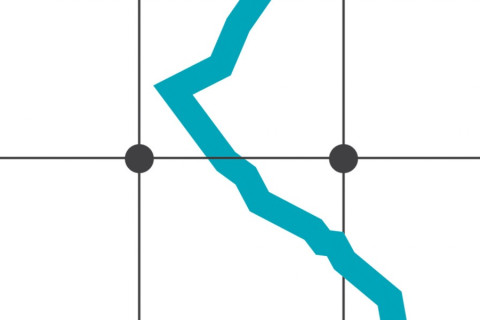- Languages and cultures
- Event start date:
-
9:00
- Event end date:
-
16:00
- Event location:
-
Joensuu campus
- Add to calendar:
Border studies has provided detailed analyses of socio-political borders as a nexus of power, identity, culture and historical memory. Similarly, as part of its broadening research perspectives, the field of contemporary border studies has experienced an ontological turn in which the intersubjective nature and social meanings of borders have received considerable attention.
Moreover, at the heart of the BOMOCULT (Borders, Mobilities and Cultural Encounters) research community is the belief that encounter is not only central to the continuous co-production of cultures but also the questioning of border politics based on divide and rule strategies.
To a considerable extent, border studies’ ontological turn is a response to identity-based geopolitics, territorial conflict and the securitisation of migration. One of the motivations behind the greater focus on borders, identity and meaning is the desire for a “politics of hope” that allows for alternatives beyond static binaries of “us” versus “them” as, for example, reproduced in national identity narratives (Brambilla 2021).
Despite the reification of state borders, and their physical, virtual or discursive iterations, we find greater appreciation of borders as reflecting intersections, encounters and new affinities which emerge as a part of social life. For example, in elaborating the case of “welcome cultures” in response to anti-refugee politics, Andersen and Aubry (2022: 11) argue that the ad hoc creation of spaces of inclusion reflects an “ontological politics” of belonging beyond the institutional violence of exclusive (state-centric and securitised) borders. At the same time, the proliferation of transnational civil societies and communities of purpose offers perspective for the transformation and democratisation of political borders.
First keynote speaker will be Associate Professor Dorte Jagetic Andersen, University of Southern Denmark.
Second keynote speaker will be Doctor Sabine Lehner, Ilse Arlt Institute for Social Inclusion Research, University of Applied Sciences St. Pölten, Austria.
Link to registration and more detailed information can be found at Transforming Borders in an Insecure World web pages in the address: https://sites.uef.fi/bomocult-conference/.
The conference will also include the final event of the LangWork project.
The conference will be an onsite event at the University of Eastern Finland, Joensuu campus.
Welcome!
